The recent suspension of Sugar-sweetened beverages (SSBs) tax by the Nigerian government has generated mixed reactions.
While some hail the decision, arguing that it is a relief on manufacturers and the economy, others said it has grave implications on people’s health.
Join our WhatsApp ChannelThe Nigerian government had in 2021 under Buhari administration, introduced a N10 per litre excise tax on all sugar-sweetened beverages. This was codified in the 2021 Finance Act as a way to primarily curb over consumption of SSB products and the consequent prevalence of non-communicable diseases in the country.
In June 2022, the Federal Government began implementation of the tax rate of 10 per litre on all non-alcoholic, carbonated beverages that contain sugar and are produced in the country.
In February this year, the government announced plans to implement an increase of the tax to 20 per cent of final retail price against the earlier N10 per litre on all SSBs.
It is in this regards that Prime Business Africa on Sunday, 4th August, by 6pm on X Space will host experts in the health and business sectors to reveal the intricacies of this policy.
Director/Head, Public Health Department, Federal Ministry of Health, Dr. Chukwuma Anyaike, had said the increase was in line with global best practice.
“The institution of SSB tax has been identified as the most effective way of reducing the consumption of excess sugar sweetened beverages consequently reducing the incidences and prevalence of NCDs.
“This is a step in the right direction towards achieving the global best practice of at least 20 per cent of the final retail price on all SSB products,” Anyaike said.
READ ALSO: Why Nigeria Records Increasing Cases Of Cancer – Medical Expert
Confirming the suspension of the sugar tax, Minister of Finance and Coordinating Minister of the Economy, Mr Wale Edun, said it was part of the government’s efforts to stabilise the economy by reducing the tax burden on manufacturers. Edun said the Federal Government’s goal is to create a conducive environment for businesses to thrive, noting that the move will help beverage companies overcome the current economic realities.
The minister, however, emphasised that there are plans to reintroduce the tax once the economy stabilised.
Nigerian manufacturers who are affected by the policy, had while receiving the news of the suspension said they are relieved, adding that it would reduce the cost of production, boost manufacturing activities and also increase job creation in the industry. Director General, Manufacturers Association of Nigeria, (MAN), Segun Ajayi-Kadir, said the the policy decreases the tax burden on manufacturers, noting that it is a welcome development. Some manufacturers have gone ahead to push for permanent removal of the tax, arguing that many companies have recorded losses.
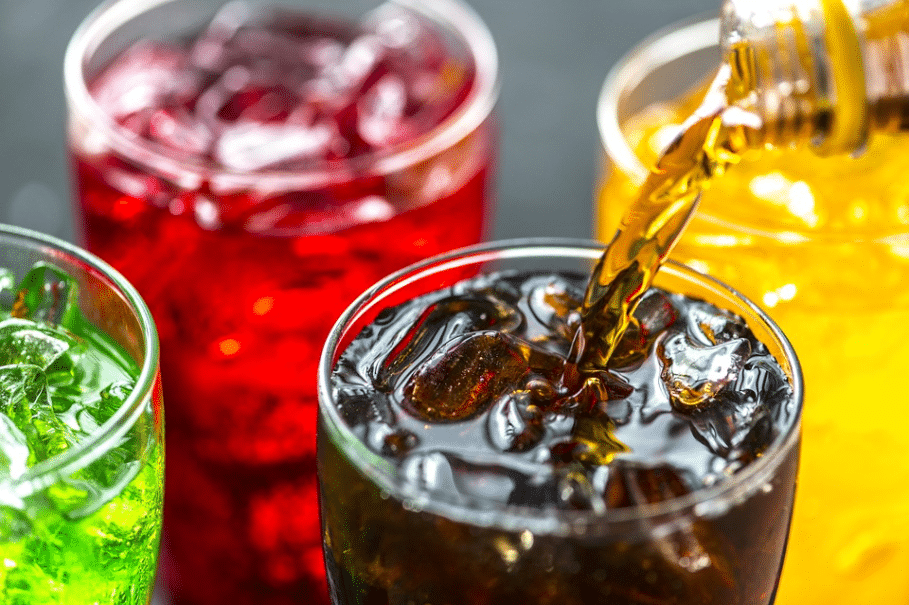
However, health experts and sugar reduction advocates have expressed disappointment in the decision, stating that it has eroded all gains made in the campaign for sugar reduction.
They warned that high consumption of sugar-sweetened beverages predisposes people to non-communicable diseases like obesity, diabetes and cancer.
READ ALSO: Sugar Tax Removal To Crash Coke, Pepsi, Other Beverage Prices Will Hurt Cancer, Diabetes Reduction Campaigns – Health Experts
The rationale behind sugar tax policy is that imposing the tax consequently increases the cost of those products, making them unaffordable for those who are addicted, while the funds realised through the taxes, would be channeled into activities targeted at improving the healthcare system. This includes increasing financing of healthcare and other programmes in the sector. “The revenue generated will be earmarked for public health interventions toward prevention and control of NCDs,” Anyaike had hinted.
Sugar tax, also called sin tax (also applied on tobacco and alcohol), has been implemented by over 45 countries in the world including the United States, United Kingdom, Mexico, Portugal, Spain, Saudi Arabia, and South Africa, with varying rates. This is in line with the thinking of the World Health Organisation (WHO) and some other NGOs who recommend addressing some of the health risks of NCDs through higher taxation of sugary drinks, in a bid to lessen their consumption.
The quest to implement sugar tax in Nigeria has received a series of push backs in the past as manufacturers lobby policy makers to frustrate it.
Why Sugar Tax Is Important
Experts have emphasised the dire need to tackle excessive sugar intake in Nigeria as the country has Africa’s highest prevalence of diabetes with over 12 million Nigerians living with the disease.
According to the WHO, people who drink one to two cans a day or more of sugar-sweetened beverages regularly have a greater risk (26 per cent) of developing Type 2 diabetes than people who rarely consume such drinks. Type 2 diabetes, according to WHO, accounts for around 90 per cent of all diabetes cases. It can often be managed or prevented with a healthy lifestyle, including more physical activity and healthy diet.
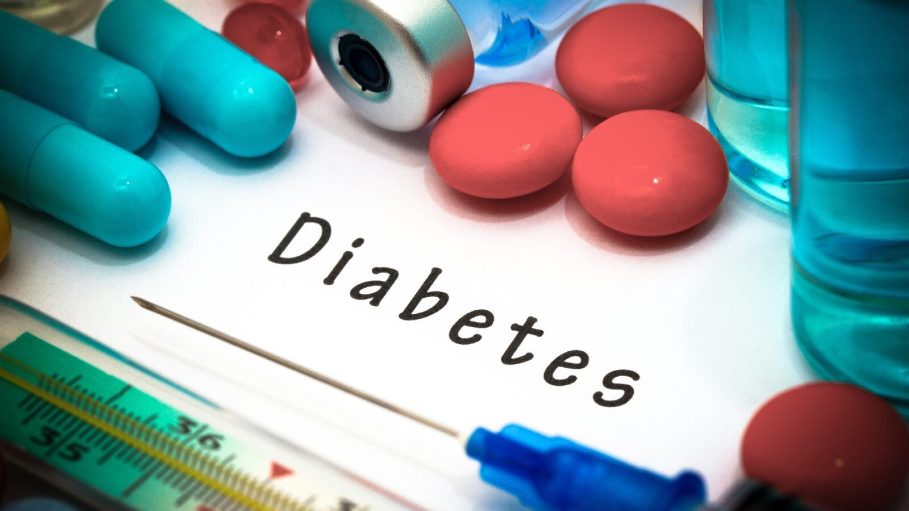
In comparison with other African countries, Nigeria is said to have a high burden of NCDs, which account for 24 per cent of total deaths and are projected to be the leading cause of morbidity and mortality by 2030.
READ ALSO: Diabetes Patients Groan As Monthly Medication Rises To N150,000
The NCD Alliance had in its policy brief in 2022, said: “Sugar taxes are a proven and evidence-informed solution to the prevention and control of NCDs and related risk factors, and their use needs to be stepped up globally.”
Also, highlighting the aim of the sugar tax policy, an emeritus Professor of Radiology, who is also a sugar reduction advocate Ifeoma Okoye, said: “We want to make it unaffordable for them to have easy access to it, so that they don’t keep killing themselves in thinking that they are eating good food; so, they can go back to the foodstuffs that are local to us; that are better, and healthier.”
Debates on the impact of sugar tax on reduction of Sugar consumption
There are debates around whether the enforcement of sugar tax have positive influence on reduction of consumption of sugar beverages.
Some have observed that even in countries with higher tax rates on beverages, the impact is mixed.
A former Health Minister in Barbados, Ian Gooding-Edghill, had in 2022, told a World Health Assembly that a 10 per cent tax on sugary drinks led to just 4.3 per cent less consumption.
On the other hand Mexico which introduced 10 per cent tax on sugary drinks tax in 2014, reportedly recorded about 12 per cent drop in consumption by 2022.
Also, a study published in The Lancet in April 2021, revealed that a 10 per cent sugary drinks tax introduced by South African government in 2018 led to a nearly 40 per cent decline in sugar consumption from the taxed beverages among the citizens.
Beyond Sugar Tax
However, sugar reduction advocates averred that the most successful initiatives were in most cases, part of a broader approach.
Some argued that mere imposition of the tax does not translate to significant reduction in consumption of sugar beverages as consumers may not know the reason for the hike in cost of the products, especially in a country battling high rate of inflation. They stressed the need for having a healthcare policy that involves massive advocacy about avoiding the consumption of unhealthy products. Some said this involves mandating beverage manufacturers to properly indicate the level of sugar and other ingredients in their products in such a way that consumers are aware of the consequences of taking them in excess.
For instance, one of the factors identified as contributing to the success of the sugar tax initiative in Mexico was implementing what is called “front-of-package labels” about foods high in sugar and salts, which made consumers become clearly aware of the health implications of excess consumption.
Co-chair, National Action on Sugar Reduction, Comrade Bernard Enyia, in an interview with Prime Business Africa, said part of their advocacy was not only to introduce sugar tax but to mandate sugar beverage manufacturers in Nigeria to label every product with the level of sugar and other additives for consumers to know what they are consuming but they lobbied to ensure that such provision was not included in what was passed in 2021.
Enyia expressed worry that instead of adopting a style of packaging that communicates what the products are, the beverage companies, make their advertisements look very appealing and wet the appetite of consumers in a manner that seems irresistible.
“We were compelling them to label these products but Manufacturers Association of Nigeria had to lobby to ensure that that one did not work,” Enyia stated.
“The observation we had made in 2021 is that they are just putting what we call ‘added sugar’ in their products. They just sweetened the products to attract and entice people to drink.
“The advertisements we watch on television are very appetising. We noted that they don’t even have nutritional benefits to the consumers, rather, they are just like poison because the quantity of sugar we require in the body is supposed to be within a particular limit.”
He said people consume these products because of the sweetness without knowing the consequences on their health.
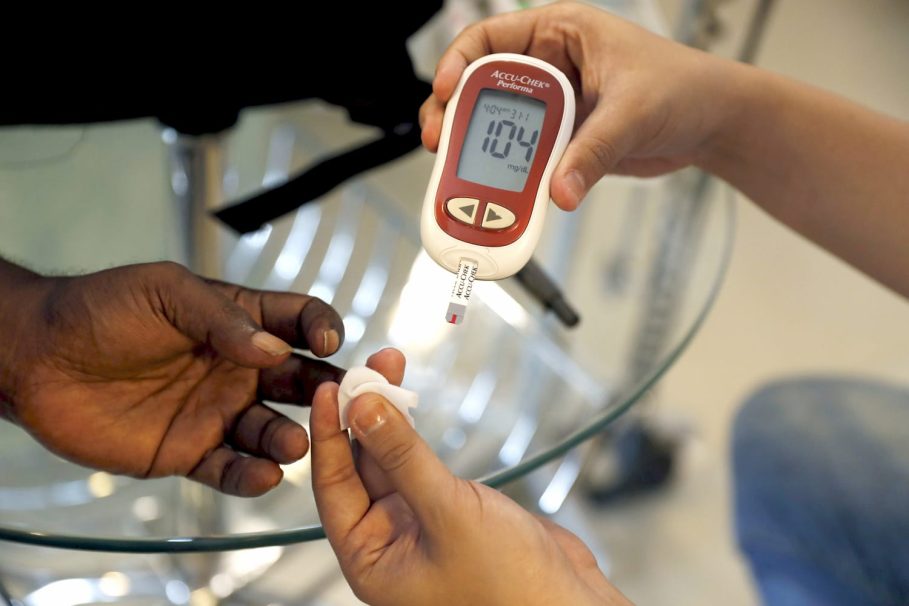
WHO recommends spending the funds realised from sugar tax to improve health care systems and to put in place more effective programmes that encourage healthier diets, increase physical activity, or build capacity for effective tax administration.
Enyia said the government can invest the money in massive sensitisation for people to know the implications of certain things they consume.
Other medical experts have also emphasised the need for creation of awareness about what people consume and lifestyle modifications helps prevention of non-communicable diseases.
Preventive healthcare as being advocated by a public health consultant, Dr Ifeanyi Godwin, has become imperative given the poor healthcare system in Nigeria.
This is even as the cost of access to healthcare continue to surge in the country.
Victor Ezeja is a passionate journalist with seven years of experience writing on economy, politics and energy. He holds a Master's degree in Mass Communication.


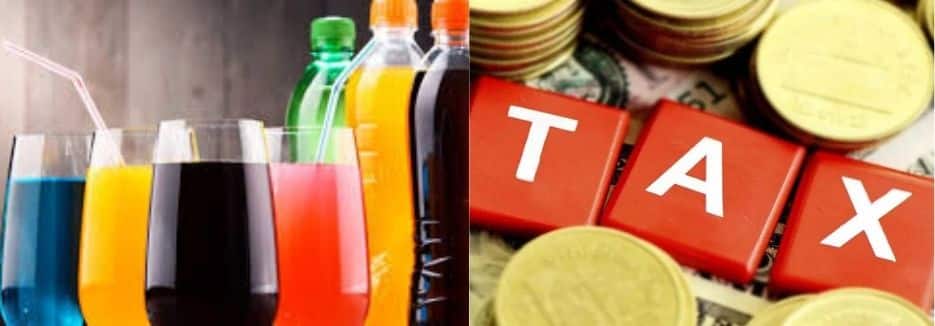













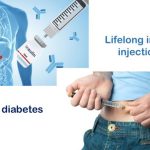
Follow Us